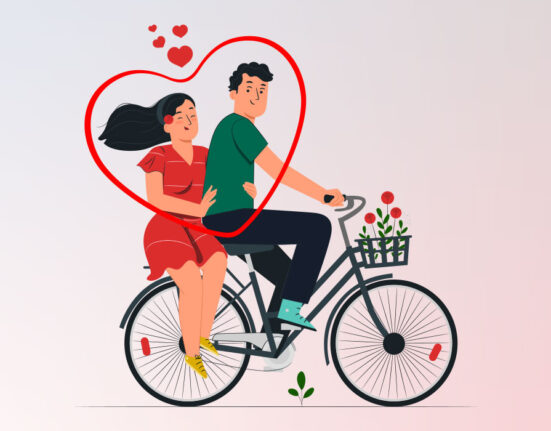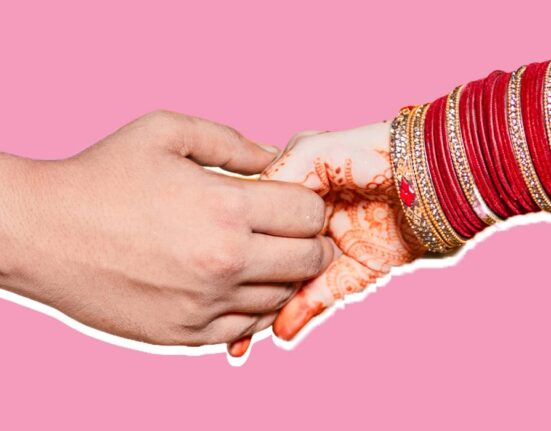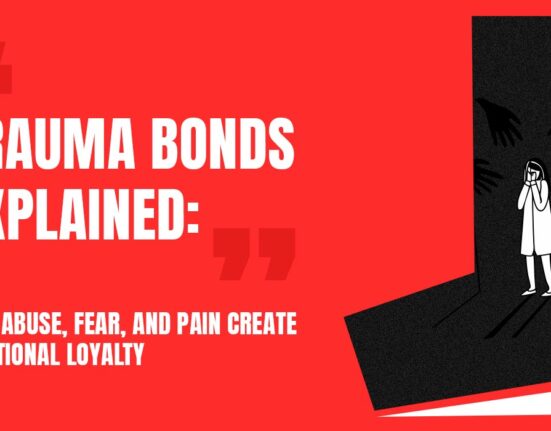Friendships are a unique kind of relationship, where you laugh till your belly aches, send random relatable memes and the frequent teasing of each other, but with all this, there exists a special kind of trust, mutual respect, and emotional support (Kemp, 2022). While there has been loads of exploration on topics like attachment and friendship bonds, much less is discussed about the quiet, subtle yet deeply sentimental outgrowing of the friendship. Not all friendship ends in dramatic slamming of doors, rage or betrayal. Some simply just fade away (Pawlowski, 2023) until one day you realise that the friendship you considered everlasting, and your best friend who felt like home, is now a stranger. While life and society prepare us for various kinds of grief, including death or a devastating separation from a romantic partner, no one notes the pain or considers such endings of friendship as a big deal.
Formation of Friendships
Friendships, predominantly the ones made during childhood, often feel eternal. Although it’s formed through trivial matters like laughing together over jokes, the school bus and corridor conversations, birthday parties, it is the basis on which children learn and build their loyalty, trust and have a sense of belonging and attachment. These types of friendships are critical towards personality development and forming identity. It has also been found that friendships play a role in determining strong emotional wellbeing (Elmer et al., 2017).
Bonding and interaction become the basis for the formation of future friendships and relationships. Furthermore, friendships provide a safe space for building self-esteem and learning to form and maintain relationships outside the family. When these bonds fade away, not only are you losing that friend, but it is also the conclusion of a story previously thought to be never-ending and the end of that attachment that influenced your personality.
Quiet Goodbyes- Drifting of Friendships
Studies show that situational factors play a key role in drifting. Moving to another setting, starting a new school, entering college, getting married, and changing jobs are some of the significant reasons for drifting. Drifting is common in friendships due to its inclusive nature. They are also not bound by any norms or deep emotional intimacy, allowing its flexibility.
So, without proximity or common interests, friendships can simply and quietly fade into the background and often with no closure to both parties (Vieth et al., 2022). What started as a fulfilling friendship slowly transforms into one-sided efforts, divergent interests (Steiner, 2023), unanswered messages and the occasional visits that feel compelled. These are the small and often ignored elements of drifting.
Emotional Aftermath of a Lost Friendship
People face a range of emotions when their friendships are over. Although the most common feeling is grief, relief is also a sentiment that people mostly overlook. Not all people are sad when a friendship ends. In some cases, the friendship might have been unhealthy or stressful, and these issues may have become clearer in hindsight, especially when people find new friends. In these situations, they may feel a sense of freedom and peace to grow and heal. Still, for many, the loss brings immense sadness. Friendship breakups are not validated by society as compared to romantic relationships, yet grief still exists.
Psychologists refer to this as disenfranchised grief, a form of mourning that is not socially justified (G. Franco, 2022). Other common emotional responses include confusion and disappointment, particularly when a long-term friendship ends without a clear explanation or closure. This often leads people to spiral into regret over not doing more to save the friendship, and frustration, both with oneself and with the friend.
Coping Strategies When Friendships Are Outgrown
- Emotional Reflection: Reflect upon your friendship and why it ended. Give yourself enough time to work through your emotions and understand that it is normal to be sad, confused or even relieved. This can help to comprehend and rationalise the loss (The Wellness Corner, 2024).
- Communication: Talking with your friend about genuine feelings regarding drifting is one of the best methods to get closure. Explain your viewpoint without blaming yourself or your friend (The Wellness Corner, 2024).
- Self-compassion: Be mindful that outgrowing and separating are not anyone’s fault. Acknowledge the change of priorities, interests, or the setting. Be kind and understanding, and hold onto the good memories of the friendship (Godwin, 2024).
- Being active and engaging in new activities can distract you from the pain and allow you to form new connections with different people, which could potentially turn into a good friendship (Godwin, 2024).
- Focus on existing relationships: Focus and ask for support from your existing friends and family members to walk you through pain and grief. Isolating oneself is an unwise decision in such situations (The Wellness Corner, 2024).
- Looking Forward: Set new goals and plans. After processing your emotions, gradually move on and try to find new connections. Sometimes this takes a while, and sometimes it just clicks. Instead of holding on or having grudges, keep a positive mindset (Godwin, 2024).
Conclusion
The ending of friendships is not necessarily loud or dramatic, but their emotional significance cannot be argued. From deep bonds to slow and silent drifting. People feel grief, confusion, or even unexpected relief. Although society tends to neglect the emotional impact of such losses, this pain is genuine and justified. With the right coping methods, people can overcome this silent grief. Reflection, compassion, genuine communication, and being open to new experiences can help people to heal and grow. Moreover, outgrowing friendships enables individuals to learn and carry the lessons from previous friendships and use them in building new connections.
FAQs
1. What is “Silent Grief” in the context of outgrowing friends?
It refers to the pain experienced when a close friendship fades without any dramatic event. Its silent nature refers to the fact that this grief is not socially validated or acknowledged.
2. What are some signs of this type of grief?
Signs of grief include feelings of sadness, loneliness, confusion, frustration, and even regret
3. What are some ways to cope with this grief?
Some ways to cope with the grief are acknowledging your feelings and reflecting on the friendship, talking to the friend to get closure, seeking support from friends or family, setting new goals and working toward them, and finding new activities to form new friendships. If you still feel dissatisfied and unhappy, then don’t hesitate to consult a therapist.
4. How can others help someone experience this type of grief?
Listen without judgment, offer support and understanding, and validate their feelings instead of undermining them as some mere breakup.
5. Is it possible to find happiness again after experiencing this kind of loss?
Yes, it is possible to find happiness after outgrowing your closest friend. Just know that it takes time and self-compassion. Additionally, instead of clinging to the old friendship, be willing to find new, genuine connections that might also help you in moving on.
References +
- Elmer, T., Boda, Z., & Stadtfeld, C. (2017). The co-evolution of emotional well-being with weak and strong friendship ties. Network Science, 5(3), 278–307. https://doi.org/10.1017/nws.2017.2
- G. Franco , M. (2022). Why It’s So Hard to Grieve Friend Breakups. Psychology Today. https://www.psychologytoday.com/us/blog/platonic-love/202207/why-its-so-hard-to grieve-friend-breakups
- Godwin, J. (2024). Friendship breakups and how to recover from them. Let’s Talk about Mental Health. https://ltamh.com/2024/02/25/friendship-breakups/Kemp, H. (2022). Friendship Definition, Types & Examples | Study.com. Study.com. https://study.com/academy/lesson/friendship-overview-development-facts.htm.
- Pawlowski, A. (2023). Why Friendships End And How To Cope: Psychologist Tips To Heal. TODAY.com; TODAY. https://www.today.com/health/behavior/why-friendships-end rcna73736
- Steiner, A. (2023, March 27). Signs You’ve Outgrown Friendships and How to Cope. Bayview Therapy. https://www.thewellnesscorner.com/blog/how-to-deal-with-outgrowing friendships
- Vieth, G., Rothman, A. J., & Simpson, J. A. (2022). Friendship loss and dissolution in adulthood: A conceptual model. Current Opinion in Psychology, 43(1), 171–175. https://doi.org/10.1016/j.copsyc.2021.07.007













Leave feedback about this